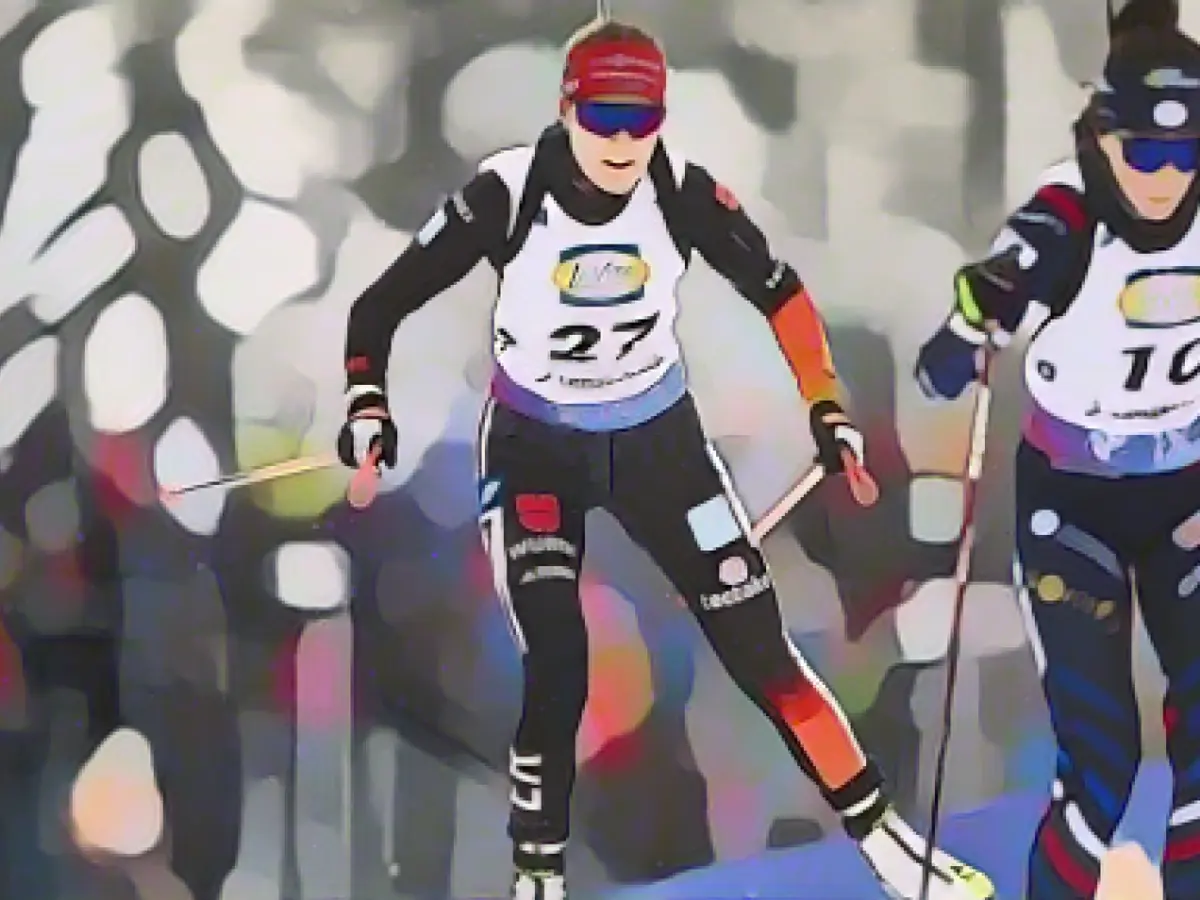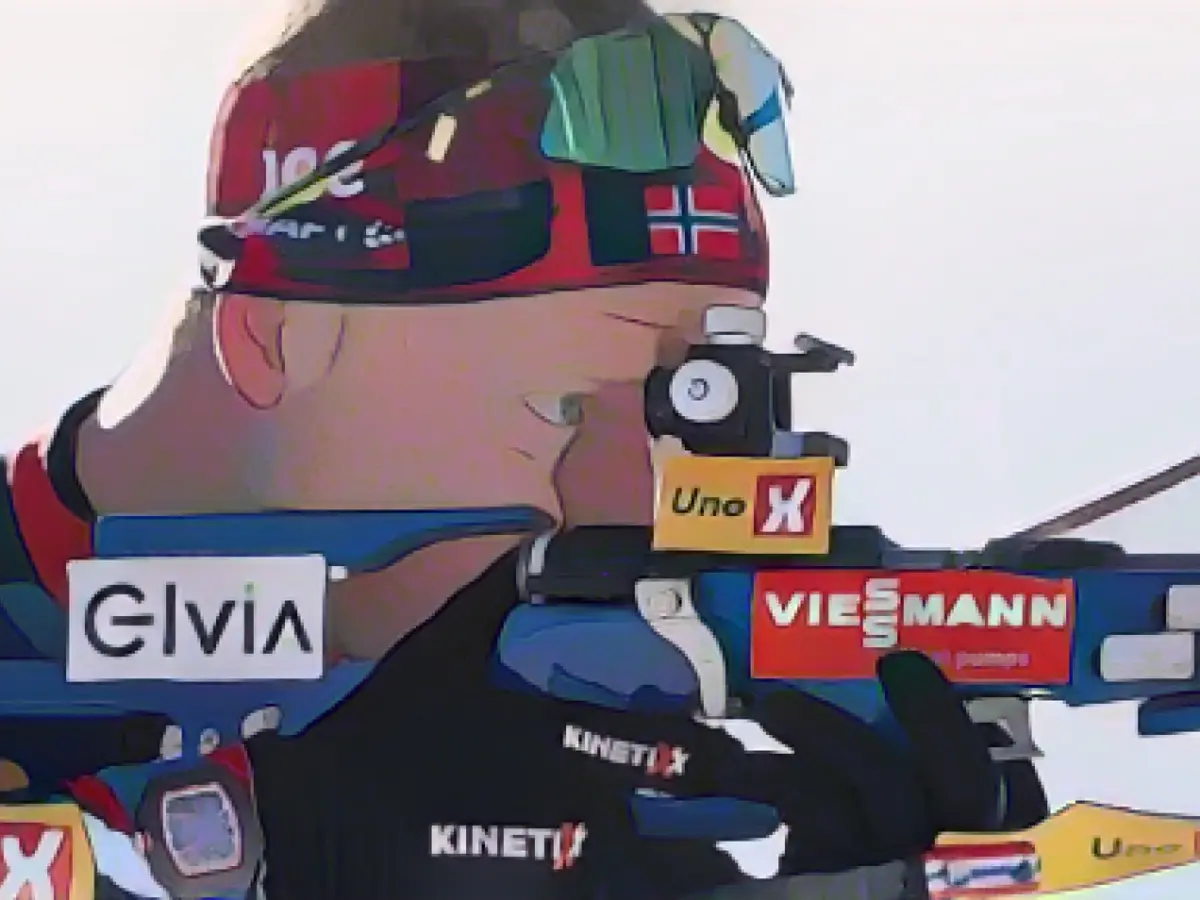Biathletes Struggle with Lenzerheide's High Altitude: It's Exhausting but Game On!
The Biathlon World Cup in Lenzerheide, Switzerland, is proving to be a real test for the competitors. The venue's 1,500-meter altitude is giving the athletes a run for their money, making them feel "very exhausted."
Janina Hettich-Walz, who finished twelfth in the sprint race, shared that while it was tough, she tried to keep a positive attitude. She reminded herself that everyone was facing the same challenge and that everyone was a bit drained. Her determination paid off, earning her a second top 15 result this season, breaking her internal World Championship standard.
But it wasn't all smooth sailing. Selina Grotian, a young talent, reported feeling unwell on the track and finished 38th in the sprint. She fared even worse in the standing list, placing 54th, a hefty 2 minutes and 31 seconds behind the lead runner, Slovenia's Anamarija Lampic.
Sports director Felix Bitterling acknowledged that the altitude was a separating factor. He believed that Grotian hadn't performed at her best but saw potential for improvement before the pursuit on Saturday.
High altitude can be a double-edged sword for biathletes. While it can make downhill sections more challenging, it also thins the air, making breathless climbs harder. This year, athletes are competing in Lenzerheide after previously taking on Östersund at 300 meters and Hochfilzen at 1,000 meters.
Sources:
Extra Insights:
- High altitude can lead to altitude sickness. Symptoms include headaches, shortness of breath, and fatigue. Athletes must acclimatize to the new environment to avoid these negative effects.
- Some athletes prepare for high-altitude competitions by training at similar altitudes. This helps them acclimate and boosts their performance.
- The combination of altitude and wind can lead to performance-degrading physiological effects. Athletes may experience reduced blood oxygen levels and increased heart rates, leading to a reduced capacity for high-intensity exercise.
- Strategic adjustments, such as pacing and breathing techniques, can help athletes cope with these challenges. This may involve starting the race faster or focusing on technique instead of speed.
- High-altitude competitions often require a different approach to nutrition. Athletes may need to consume more calories and fluids to compensate for the increased energy expenditure and dehydration.







